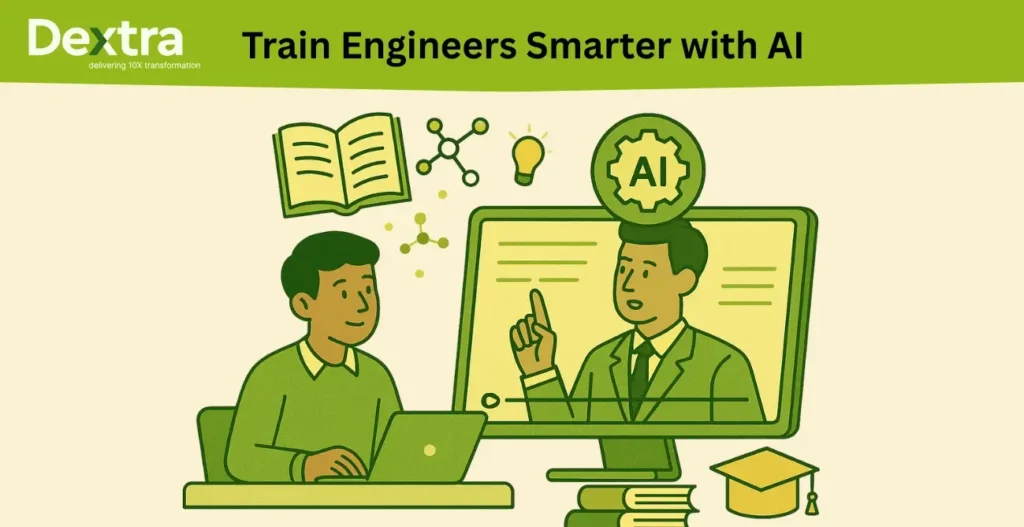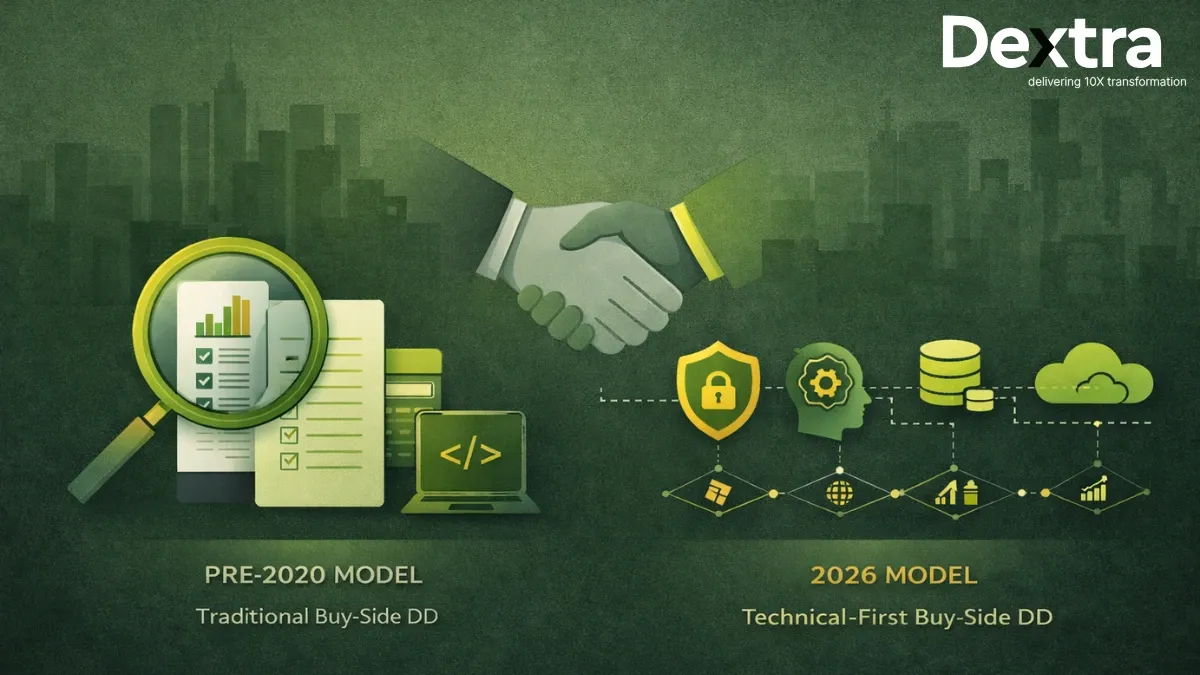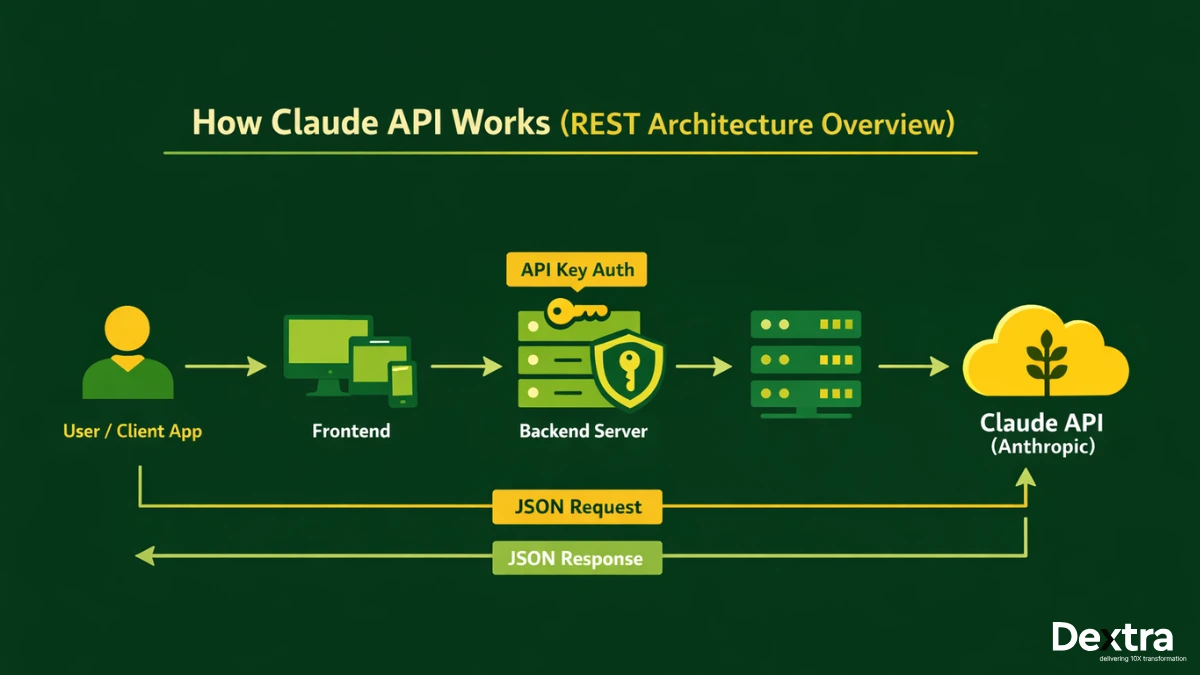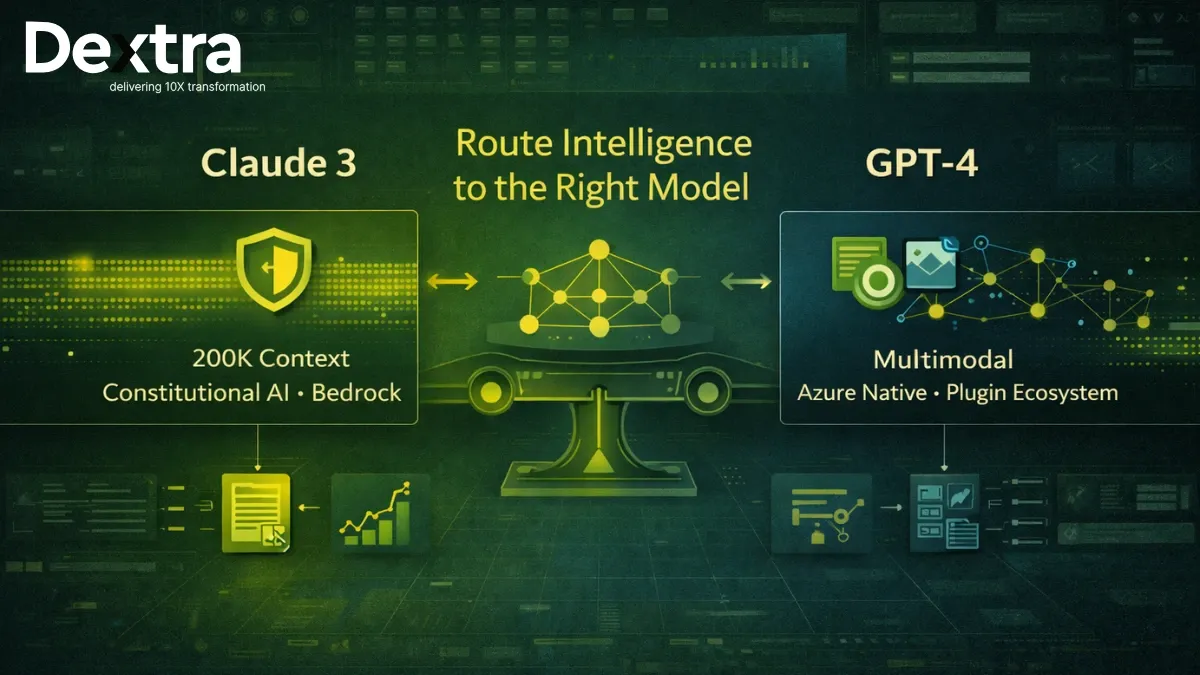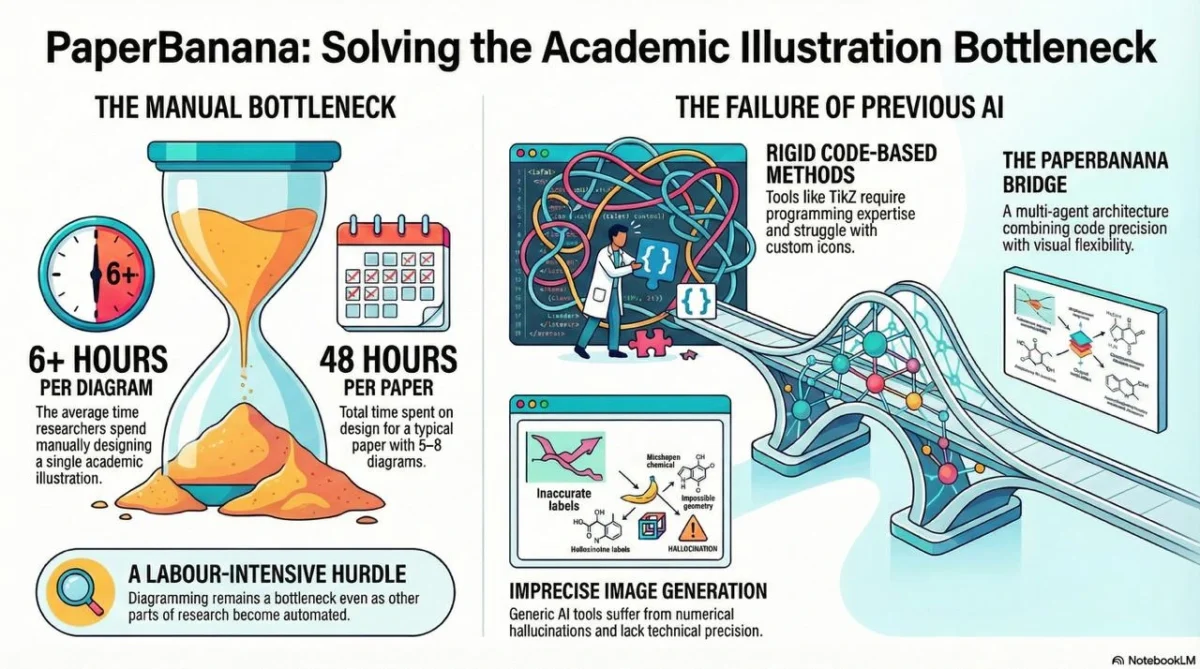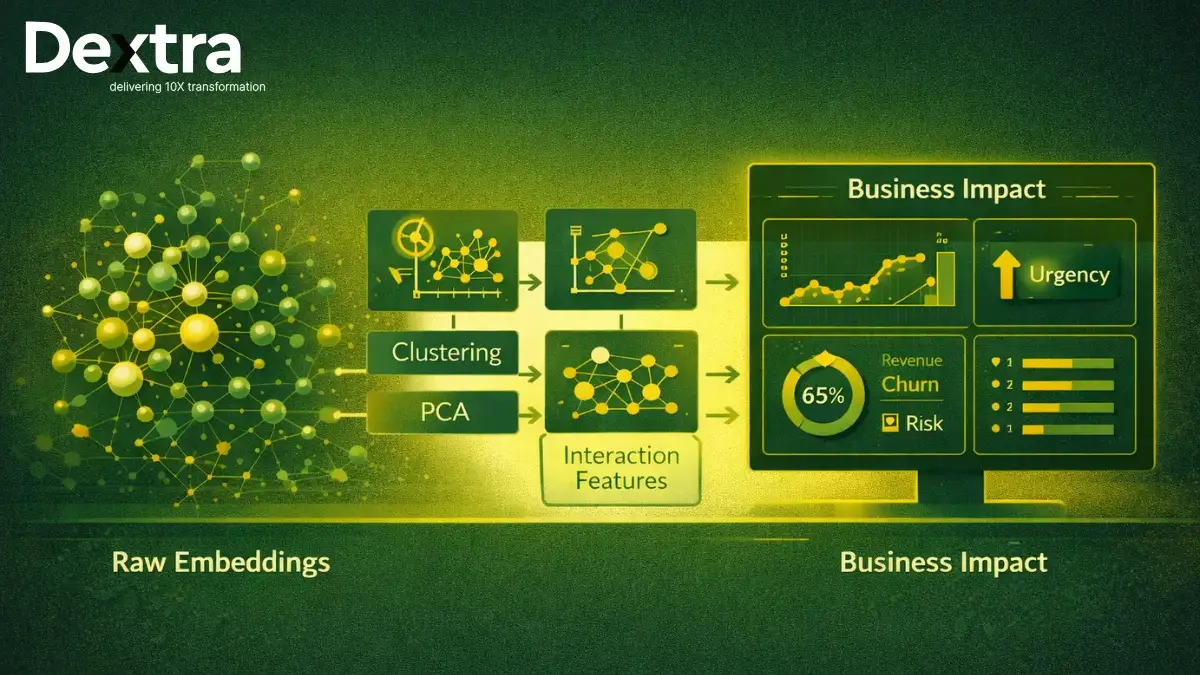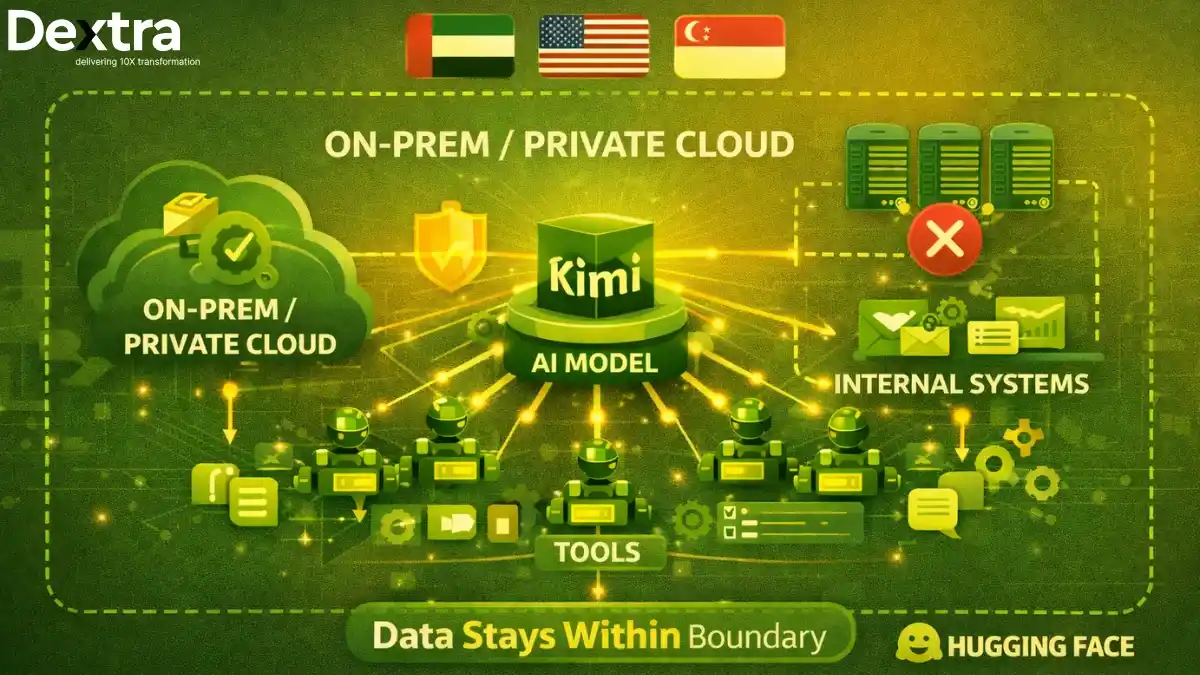Engineering teams today are feeling the pressure. With AI transforming how we build, code, and solve problems, many engineers are struggling to keep pace. Companies are adopting AI tools at record speed—but their teams often lack the skills to use them effectively. A recent BCG report shows that 89% of leaders say their teams need better AI skills, yet only 6% have taken meaningful steps to close that gap.
This gap isn’t just a minor hiccup—it’s a growing concern. When engineers aren’t equipped with up-to-date skills, innovation slows, projects get delayed, and businesses risk losing their competitive edge. The real challenge? Traditional training methods just aren’t cutting it anymore. They’re too slow, too generic, and not built for the fast-moving world engineers operate in.
That’s why more companies are turning to AI-powered learning—a smarter, faster way to help engineers stay relevant and confident in their roles. It’s adaptive, personalized, and designed to deliver real results quickly. One standout in this space is Dextralabs, an AI consulting partner helping startups, SMEs, and mid-sized tech companies in the USA, UAE, and Singapore upskill their engineering teams with practical, AI-focused learning solutions.
In this guide, we’ll explore why upskilling engineers has become so urgent, how AI-powered learning actually works, and how Dextralabs is helping tech teams close the skills gap—without wasting time or resources.
Ready to Build an AI-Ready Workforce?
Partner with Dextralabs to train your engineers using AI-powered learning that’s fast, personalized, and scalable.
Book Your Free AI ConsultationWhy Traditional Engineer Training Falls Short?
Traditional training methods often struggle to keep up with the pace of innovation. These approaches are typically slow, rigid, and one-size-fits-all, which leads to disengagement and ineffective learning. Key shortcomings include:
- Lack of Personalization: Every engineer has different learning needs, but conventional systems fail to adapt.
- Slow Content Updates: In a field like AI, training content must evolve constantly, which legacy systems can’t handle efficiently.
- Disconnection from Real Tasks: Theoretical lessons don’t always translate into real-world skills.
This is where AI-powered learning tools can make a significant difference by tailoring content and providing dynamic feedback.
What is AI-Powered Learning?
AI-powered learning is an advanced approach to education that uses artificial intelligence technologies to personalize, automate, and optimize the learning experience. It encompasses tools and systems powered by machine learning, natural language processing (NLP), and generative AI to deliver smarter, adaptive training solutions.
AI-based learning systems can:
- Assess learner performance in real-time
- Recommend personalized learning paths
- Provide AI-generated content based on learner needs
Examples range from AI LMS solutions such as Docebo and LearnWorlds to AI chatbots for on-demand learning support and GenAI-powered simulation engines that enable hands-on, experiential learning. These AI-based learning solutions make ongoing education more immersive and effective.
How AI Transforms Developer and Engineer Upskilling?
AI transforms how engineers and developers learn by delivering content that is tailored to individual skills, goals, and job roles. Here’s how it makes upskilling smarter:
- Personalized Learning Journeys: AI evaluates each learner’s current abilities and goals to generate customized pathways.
- Adaptive Content Delivery: Lessons adjust dynamically based on real-time feedback and performance.
- AI-Generated Microlearning: Engineers can consume bite-sized, relevant content created by GenAI.
- Real-Time Feedback and Assessment: Learners receive instant performance insights and recommendations.
- Skill Gap Automation: AI identifies and addresses weaknesses automatically.
This AI upskilling framework ensures that learning is relevant, agile, and effective, enabling developer upskilling with AI at scale.
Key Components of an Effective AI Upskilling Framework:
To build a successful AI-driven training strategy, organizations must implement a comprehensive framework that includes:
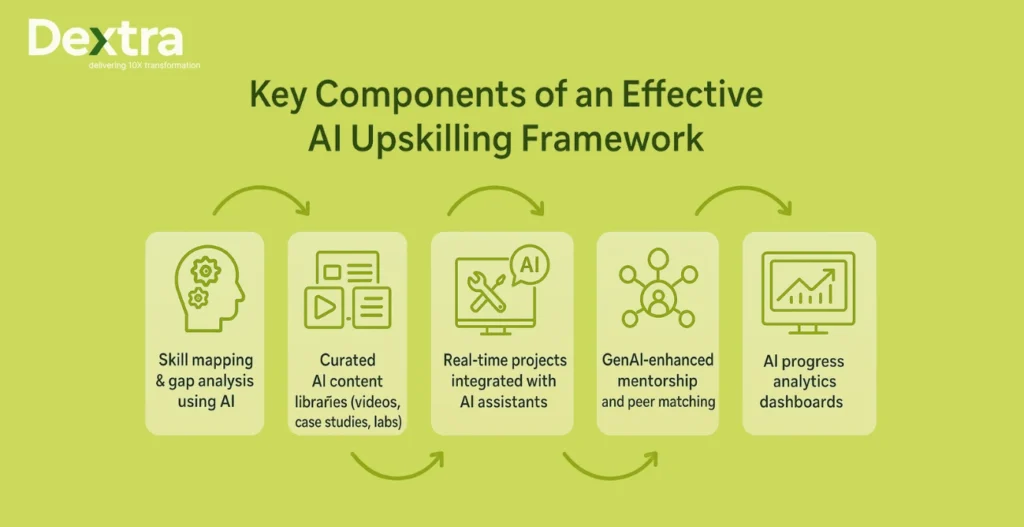
- Skill Mapping and Gap Analysis: Use AI tools to identify current vs. required skills for each role.
- Curated Content Libraries: Offer video tutorials, labs, and case studies filtered by AI to match learner needs.
- Project-Based Learning: Real-time projects integrated with AI assistants to enhance practical skills.
- GenAI-Mentorship: AI assigns learners mentors and peers for collaborative development.
- Analytics Dashboards: Monitor learner engagement, performance, and retention.
These elements make sure AI training for engineers becomes strategic, measurable, and effective.
Industries and Roles Benefiting Most from AI Training
AI upskilling is transforming several engineering and tech-focused roles across multiple industries. The most impacted areas include:
- Software Engineers: Use GenAI tools to write and debug code faster.
- Web Developers: Automate testing and design optimizations using AI.
- DevOps & Cloud Specialists: Streamline CI/CD pipelines with AI-driven insights.
- AI/ML Engineers: Stay updated on the latest models and research.
- Cybersecurity Teams: Build and deploy AI-based threat detection systems.
Industries such as fintech, healthcare, SaaS, and cybersecurity are seeing significant gains through AI-powered upskilling. Benefits include faster onboarding, empowering senior engineers with GenAI tools, and transforming QA via automated testing.
Examples of AI-Powered Learning in Action
AI-powered learning isn’t just a trend—it’s actively transforming how engineering teams grow, adapt, and deliver. Companies across different industries are already seeing measurable results by integrating AI-based learning systems into their training strategies. Here are some real-world examples that showcase the potential:
Company A: Reduced Onboarding Time by 40% Using AI Tutors
A mid-sized SaaS company in the USA integrated an AI-powered LMS with intelligent tutoring features. By using natural language chatbots and scenario-based microlearning, new engineers were able to complete onboarding in just three weeks instead of five. The system adapted to each learner’s pace, prioritized critical skills first, and used real-time feedback to boost retention.
Company B: Used AI to Build 3-Year Learning Paths for Engineers
A fast-growing tech startup in Singapore partnered with Dextralabs to design a long-term AI upskilling strategy. Leveraging skill-gap analysis and AI-curated content libraries, they created personalized 3-year learning journeys for every engineer based on their role and career goals. The result? A 28% increase in internal promotion rates within the engineering team, and more efficient project staffing.
Company C: Increased Product Deployment Speed Through GenAI Training
An enterprise in the UAE focused on cloud infrastructure and DevOps used AI-driven simulation tools and GenAI content to train their senior developers on faster deployment pipelines. With Dextralabs guiding the AI integration, the company reported a 35% improvement in time-to-deploy and better code quality, thanks to intelligent coding assistants and real-time training feedback.
Dextralabs Internal Case Study: Transforming QA Teams with AI Test Automation Learning
Dextralabs helped a cybersecurity firm train their QA team in AI-powered testing tools, including autonomous test script generation and AI bug prediction. The training, driven by simulation engines and AI mentors, resulted in a 50% reduction in manual testing hours—freeing the team to focus on higher-value tasks like test strategy and security reviews.
Choosing the Right AI-Powered Learning Solution
Selecting the best AI-based learning system for your team requires evaluating several factors:
- Integration Capabilities: Can the platform connect with your existing developer tools and workflows?
- Scalable Personalization: Does it adapt learning paths for each user at scale?
- Support for GenAI Use Cases: Can the tool train engineers in GenAI-based tools and methodologies?
Popular platforms include Docebo, LearnWorlds, and Spinach.ai. Look for an AI LMS that aligns with your team’s needs and technological ecosystem.
How Dextralabs Helps You Leverage AI for Business Growth?
At Dextralabs, we specialize in helping startups, SMEs, and mid-sized tech companies in the USA, UAE, and Singapore harness the full potential of AI in engineer training. Our services include:
- Custom AI Upskilling Solutions: Equip your team with modern AI tools and technologies.
- Boosted Productivity: Integrate automation to streamline development cycles.
- Accelerated Product Development: Embed smart systems into engineering workflows.
Whether you’re starting your AI journey or scaling an existing initiative, Dextralabs helps you build smarter, faster, and with confidence.
Make AI work for you with Dextralabs. Visit Dextralabs today.
Challenges and How to Overcome Them
While the benefits are clear, AI-powered learning also comes with challenges:
- Data Privacy Concerns: Ensure your AI LMS complies with GDPR, SOC-2, and internal data policies.
- Resistance to Automation: Provide awareness training to show how AI supports engineers, not replaces them.
- GenAI Misunderstandings: Run orientation programs to demystify GenAI capabilities and limitations.
- Change Management: Establish an internal champion team to lead AI adoption and training initiatives.
Future of AI in Engineer Training
The future of AI upskilling is highly promising and will likely include:
- Predictive Career Pathing: AI forecasts future roles and skill requirements.
- Autonomous Learning Agents: Self-driven AI bots that guide learners in real-time.
- Verified AI Certifications: Industry-standard AI-powered assessments and credentials.
- Hyper-Personalized Mentorship: AI-curated peer and mentor matching for deeper engagement.
These advancements will further streamline and personalize engineer learning journeys.
FAQs on AI training for engineers:
Q. Why should we invest in AI upskilling for engineers now?
Because AI is already disrupting engineering workflows. Investing now ensures your team stays competitive and future-ready.
Q. How does an AI LMS improve engineer training?
It automates learning paths, delivers real-time feedback, and adjusts content based on learner performance—boosting speed and retention.
Q. Can AI help our developers become AI-literate without disrupting their projects?
Yes, AI-powered learning allows bite-sized, job-integrated learning—no need for long classroom sessions or downtime.
Q. What skills should engineers learn first in an AI upskilling program?
Start with foundational AI concepts, prompt engineering, ML basics, and GenAI tools like Copilot or ChatGPT for coding efficiency.
Q. Is AI-based learning secure for enterprise-level deployment?
Most modern AI-powered learning tools are GDPR and SOC-2 compliant, with strong data governance frameworks in place.

